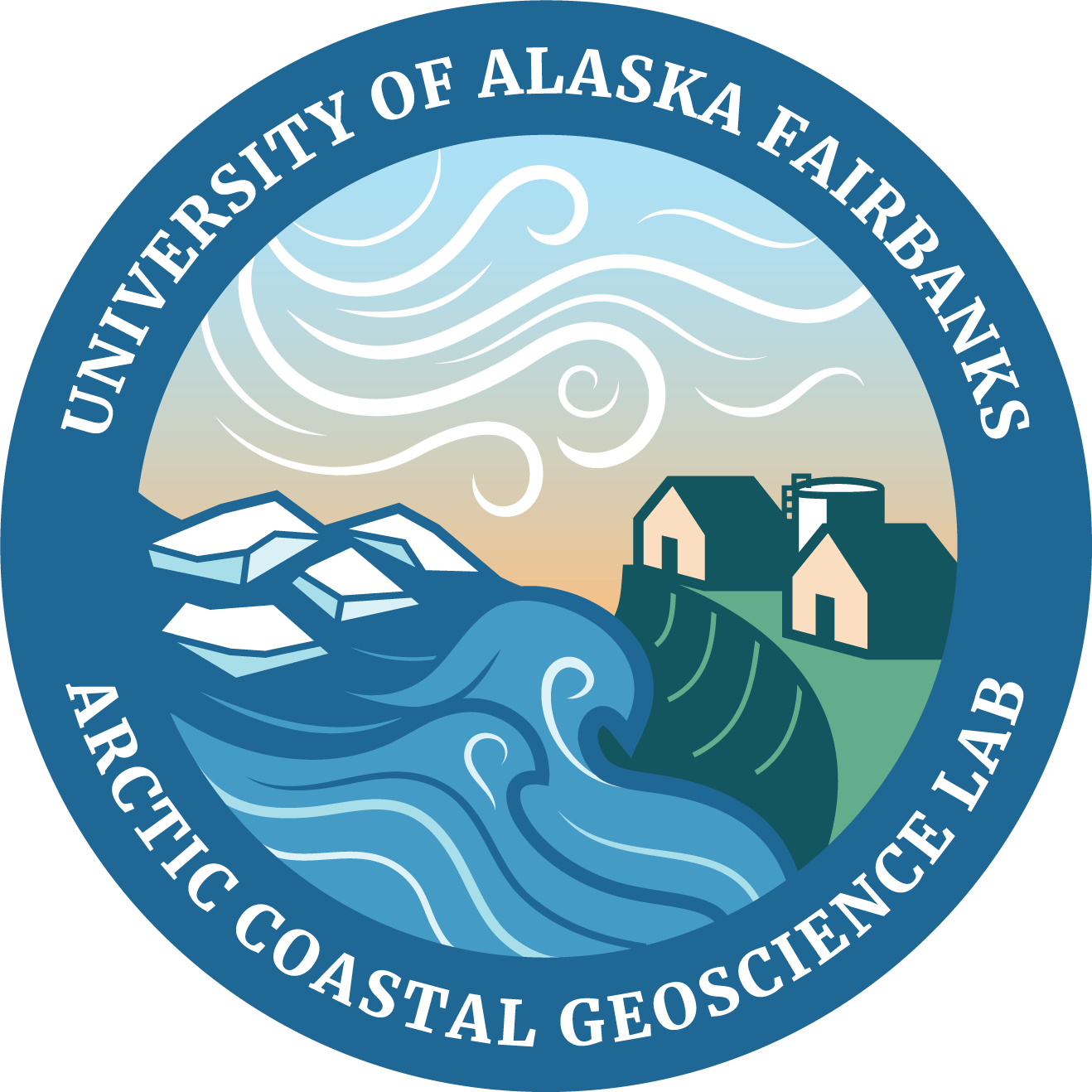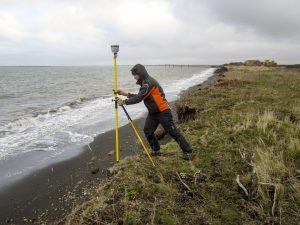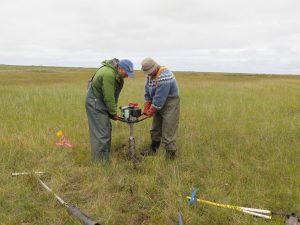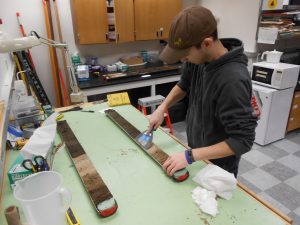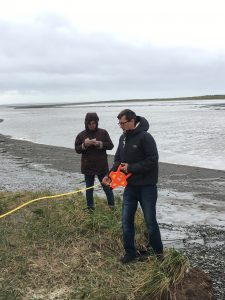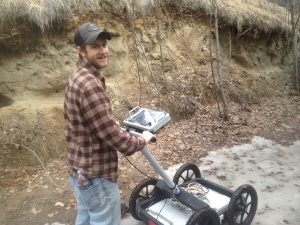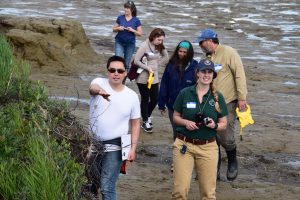ACGL Mission
What we do, Why we do it, How we do it, Where we work:
MISSON
The mission of the ACGL is to conduct research and education activities that advance knowledge regarding coastal processes and hazards and provide data products that inform decision-making while providing research and workforce development opportunities for students. Through our work we aim to contribute towards resilient coastal communities in Alaska.
The Arctic Coastal Geoscience Lab is housed within the University of Alaska Fairbanks Geophysical Institute. Our research projects are as dynamic as Alaska’s coastlines. Research includes applying geospatial and topographic survey techniques to conduct coastal hazard analysis in remote coastal villages, implementing community-based erosion monitoring programs, and developing sediment derived paleo-proxy records of ancient environmental conditions.
We use high-resolution topographical, geospatial and sedimentary tools to research coastal processes and hazards. We develop records of long-term environmental changes to provide the context to assess present and future coastal hazard risks to help local decision-making during a time of rapid environmental change.
We guide an active community-based erosion monitoring program that partners with Alaska Native coastal and riverine communities and local, state and federal organizations.
We strive to integrate research with education through graduate student programs, the mentoring of student interns, K-12 education programs, and citizen-science training.
University of Alaska Fairbanks interns and graduate students have a key role in all that we do.
